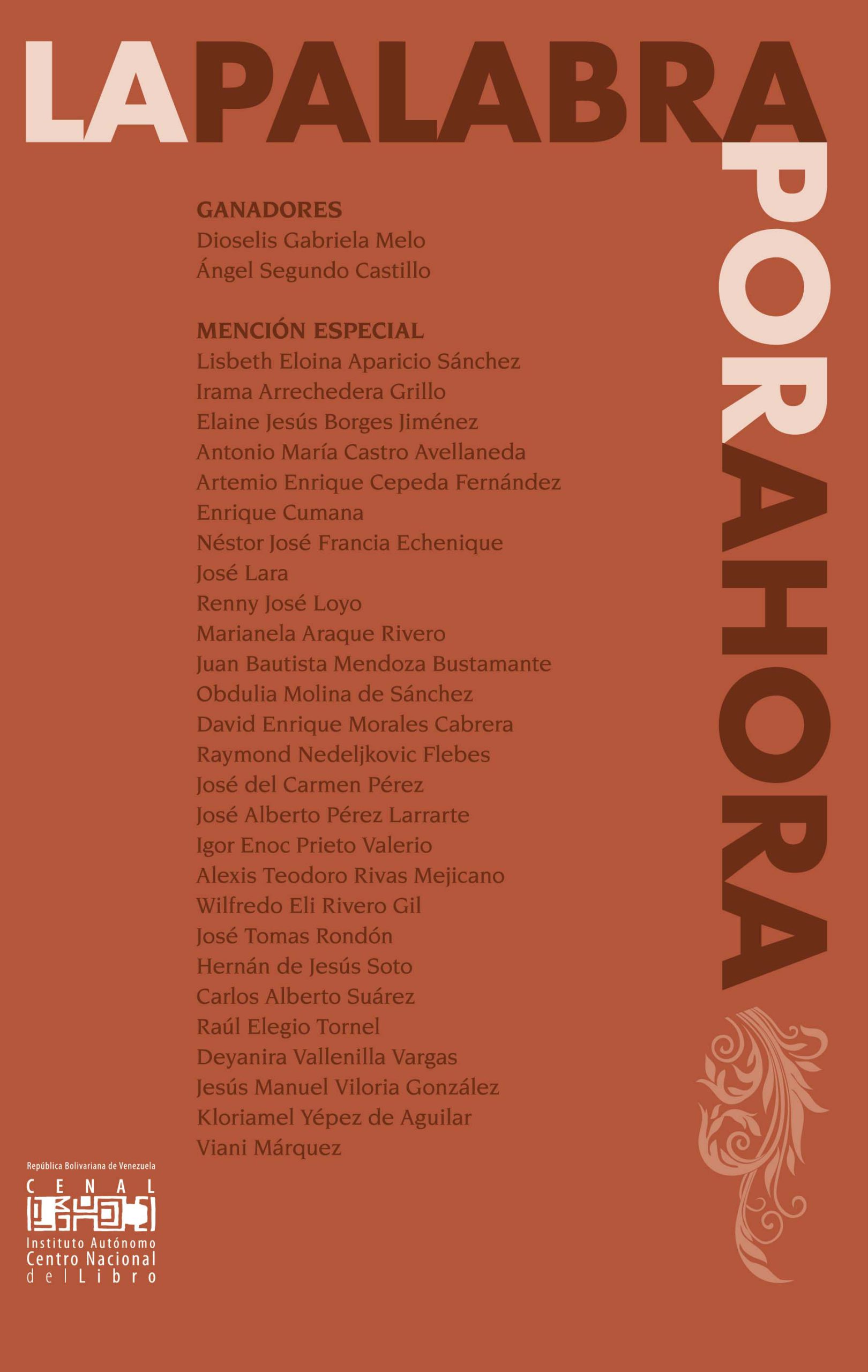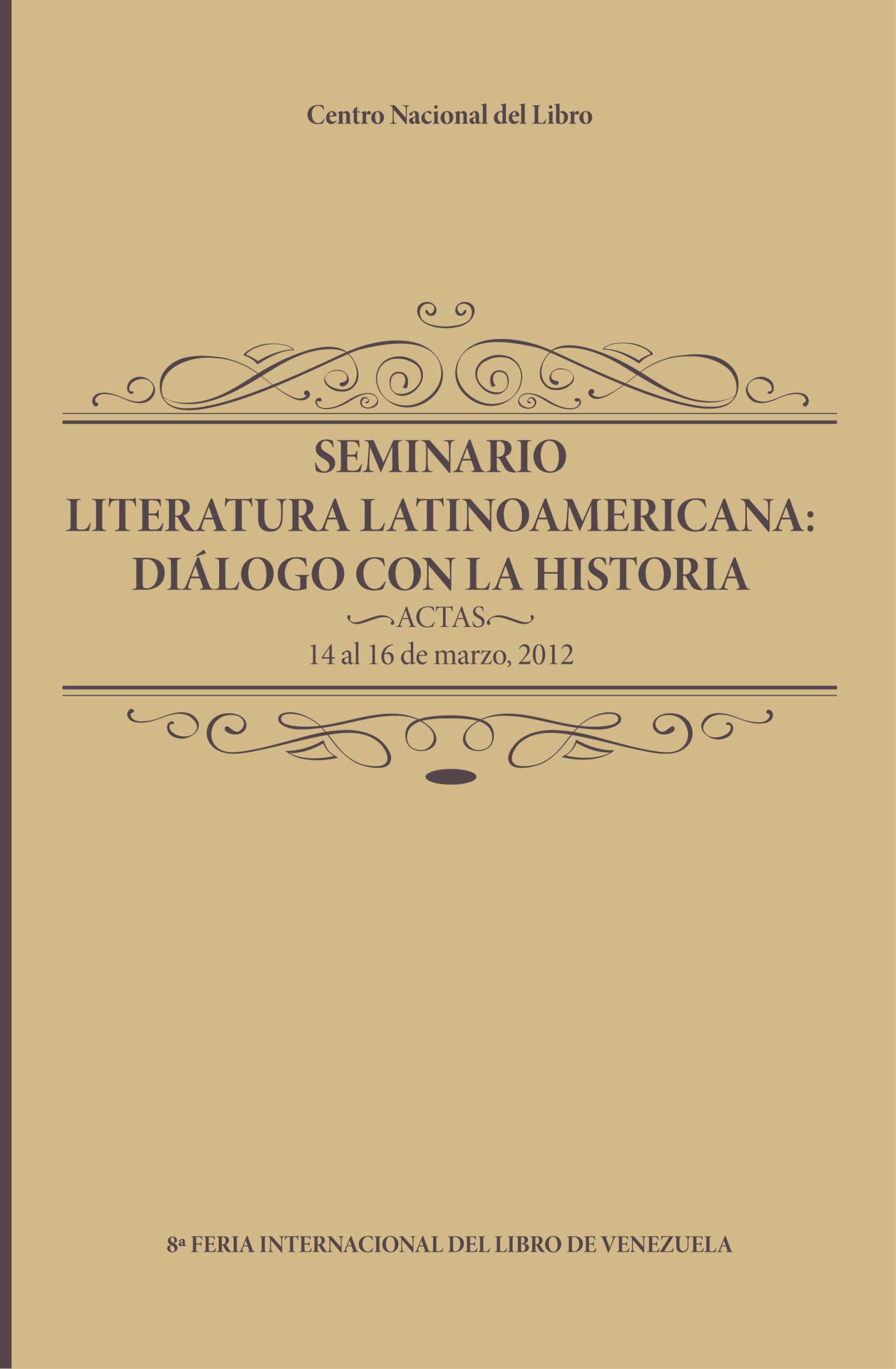Este viernes 26 de febrero, en la Casa de las Primeras Letras “Simón Rodríguez”, se realizará el conversatorio “Simón Rodríguez el educador rebelde”, dictada por la profesora Thais Marrero, para conmemorar los 162 años de la partida física de este ilustre venezolano conocido como “el maestro del Libertador”.
Conversatorio “Simón Rodríguez el educador rebelde”







